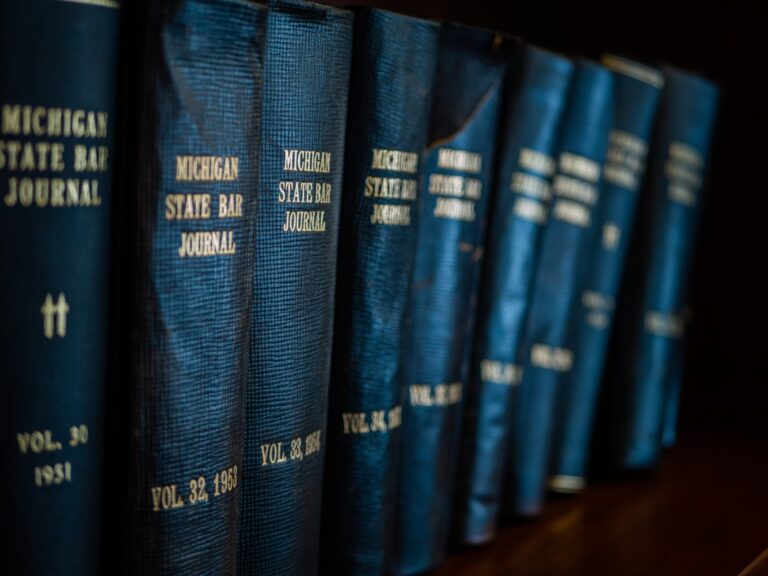In Illinois, particularly Arlington Heights, child abuse records are confidential and access is strictly regulated to protect victims. Child abuse attorneys specialize in navigating legal intricacies surrounding record sealing and expungement, offering vital guidance for survivors seeking healing and redemption. Skilled attorneys help individuals determine whether sealing or expunging records is best, balancing privacy, fairness, and public safety while advocating for their rights. Eligibility for record expungement requires completing sentences and demonstrating rehabilitation, with a court conducting a review after receiving necessary documentation from a child abuse attorney.
In Illinois, understanding the complexities of child abuse records is paramount for both victims seeking a fresh start and those aiming to provide support. This article delves into Arlington Heights laws regarding sealing and expunging such records, offering critical insights for individuals affected by this sensitive issue. We explore the legal perspectives, eligibility criteria, and practical steps involved, guided by expert advice from child abuse attorneys in Illinois.
Understanding Child Abuse Records in Illinois

In Illinois, including the city of Arlington Heights, child abuse records are considered highly sensitive and confidential. These records include information related to instances of child maltreatment, neglect, or exploitation, and are meticulously documented by local law enforcement agencies and child protective services. Access to such records is tightly regulated to protect the privacy of both victims and their families.
Child abuse attorneys in Illinois play a crucial role in navigating these legal complexities. They guide individuals who have been affected by child abuse or those seeking to expunge their own records, ensuring that their rights are protected while adhering to stringent state laws regarding record sealing and expungement. Understanding the applicable legislation is essential for anyone looking to move forward from a challenging past.
The Role of Arlington Heights Laws

In the context of safeguarding individuals and promoting healing, Arlington Heights laws play a pivotal role in addressing past traumas, particularly concerning child abuse. These laws are designed to offer victims—now grown adults—a chance at redemption and peace by providing avenues for sealing or expunging their records. This process is crucial for those who have successfully completed their court-ordered treatments and wish to move forward without the constant burden of a criminal record.
Child abuse attorneys in Illinois, well-versed in these laws, guide survivors through the legal complexities involved in sealing or expunging records. They ensure that clients understand their rights and help them navigate the system effectively. This not only facilitates healing but also empowers individuals to reintegrate into society with dignity, opening doors for employment opportunities and restoring a sense of normalcy to their lives.
Sealing vs. Expunging: Legal Perspectives

In the context of child abuse cases, the distinction between sealing and expunging records is pivotal. Sealing a record effectively hides it from public view, making it inaccessible to most parties unless specifically authorized. This approach maintains the confidentiality of sensitive information while allowing for some future accessibility for legitimate purposes like employment or housing applications. On the other hand, expungement goes further by completely removing the record as if it never existed. Child abuse attorneys in Illinois often advocate for expungement to protect the rights and opportunities of individuals who have been wrongfully accused or have had their cases dismissed.
Legal perspectives on these processes vary, with arguments centered around privacy, fairness, and public safety. Sealing is seen by some as a way to balance the need for confidentiality with the potential for rehabilitation and reintegration into society. Expungement, however, is often viewed as a more radical measure, ensuring that past mistakes do not forever haunt an individual. Child abuse attorneys in Illinois must consider these nuances when advising clients on their legal options, aiming to secure outcomes that promote justice while recognizing the evolving nature of an individual’s life and rights.
Eligibility Criteria for Record Sealings

In Arlington Heights, Illinois, individuals who have been convicted or accused of child abuse may explore options for sealing or expunging their records as a means to protect their privacy and rebuild their lives. Eligibility for record sealings is determined by state laws and specific criteria must be met. Generally, individuals can apply for sealing if they have completed their sentence, including any court-ordered treatment or supervision, and demonstrated rehabilitation. This process often involves submitting an application to the court along with supporting documentation.
Child abuse attorneys in Illinois play a crucial role in guiding individuals through this complex legal process. They ensure that all necessary paperwork is accurately filled out and filed, increasing the chances of a successful outcome. These lawyers have in-depth knowledge of the local laws and regulations related to record sealing, enabling them to advocate for their clients’ rights and help them navigate the legal system effectively.
Steps to Initiate Record Expungement Process

To initiate the record expungement process in Arlington Heights, individuals seeking to seal their child abuse records should first consult with a qualified child abuse attorney in Illinois. Legal counsel can provide invaluable guidance tailored to local laws and regulations. They will assess the eligibility criteria based on the specific case, ensuring all necessary documentation is prepared accurately.
Next, the individual must gather essential documents, including any relevant court orders, police reports, and proof of completion of any required counseling or treatment programs. With these in hand, they can file a petition with the appropriate court, citing grounds for expungement. This triggers a review process where a judge will consider the merits of the case before making a decision to grant or deny the request.






